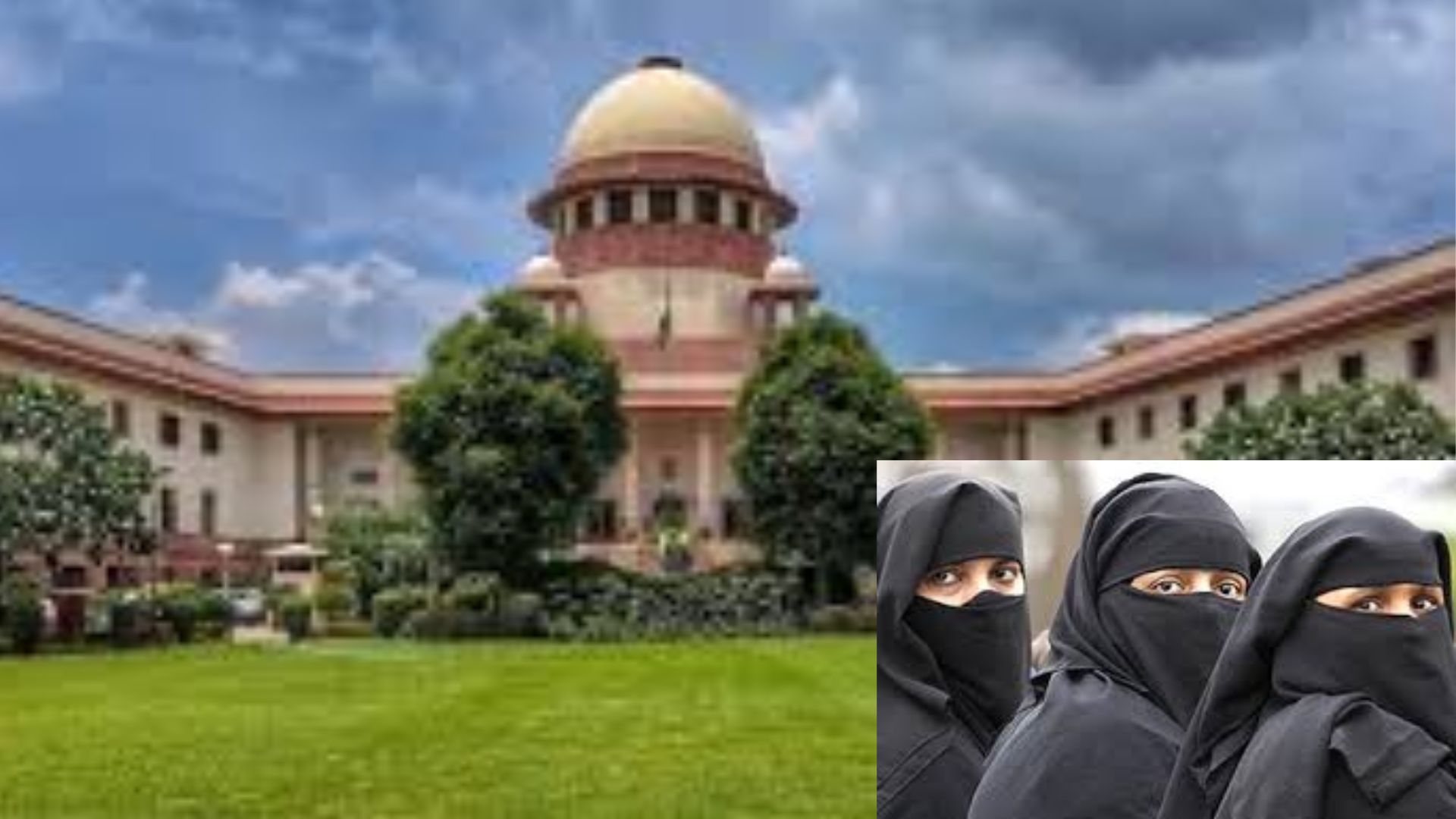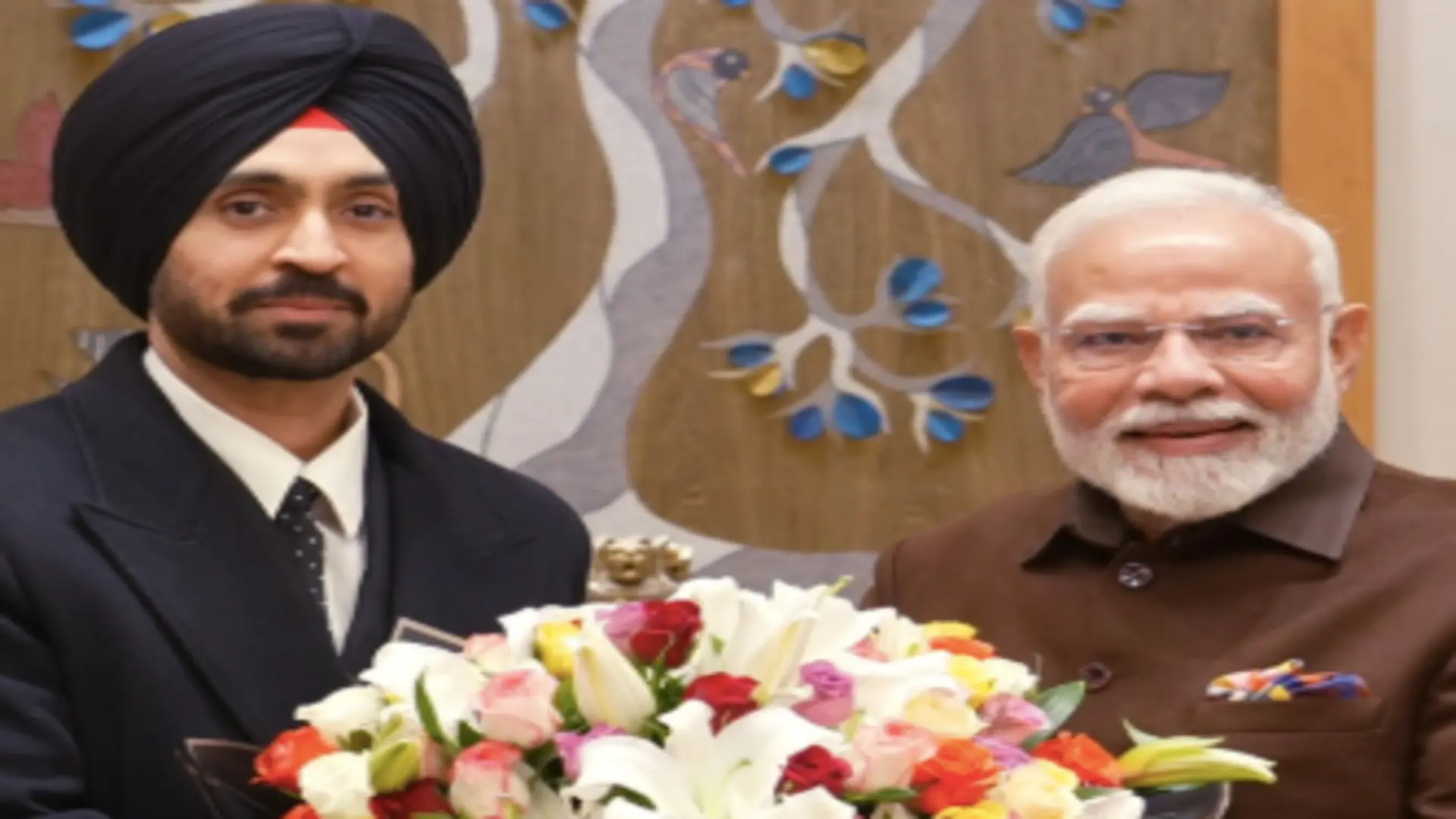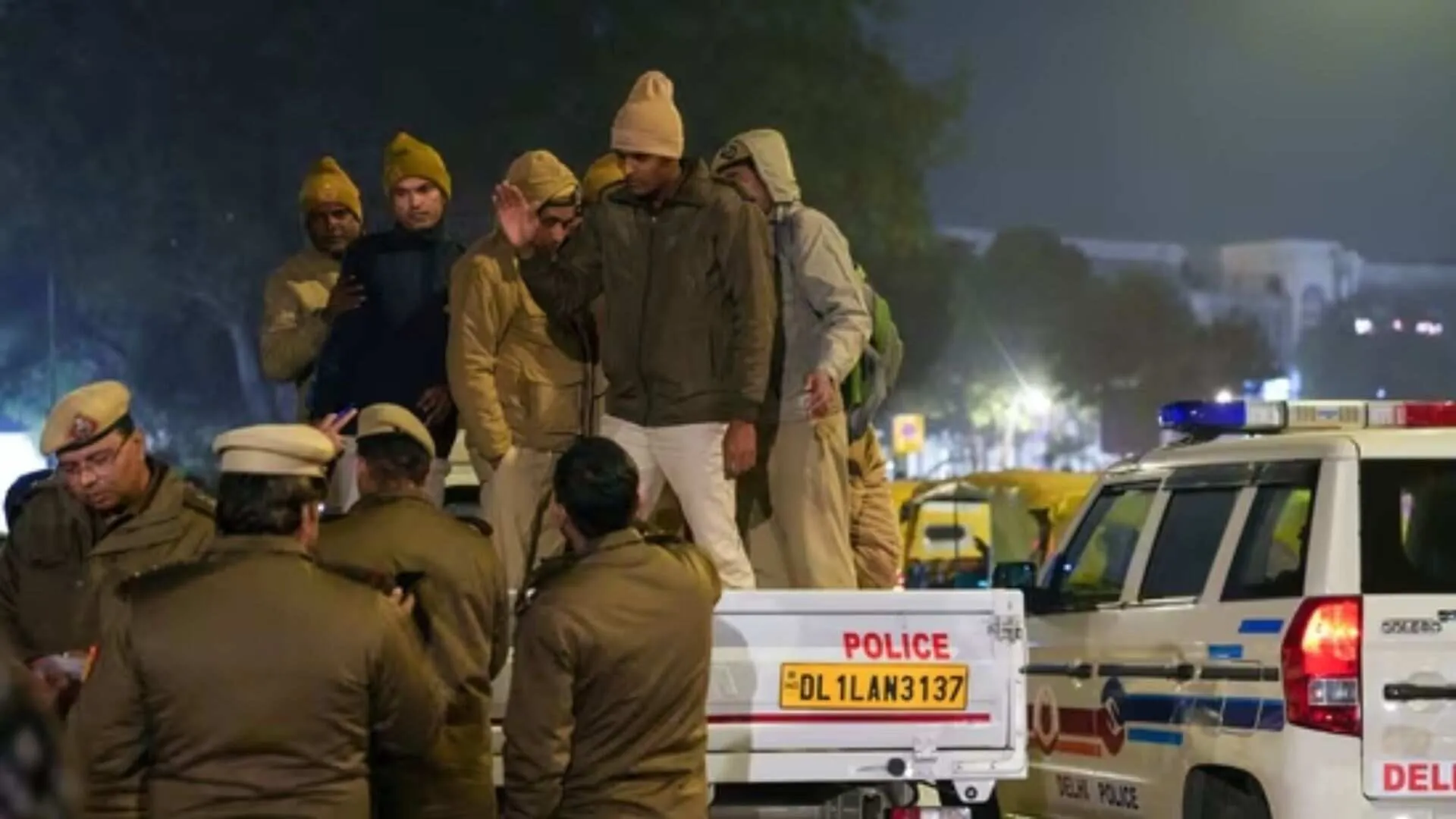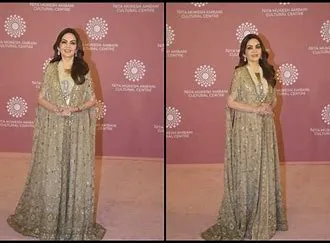The Supreme Court ruled today that a divorced Muslim woman has the right to seek alimony from her husband under Section 125 of the Code of Criminal Procedure. The decision came as the Court dismissed a petition challenging an order directing a Muslim man to pay interim maintenance to his divorced wife under Section 125 CrPC.
Justices BV Nagarathna and Augustine George Masih delivered separate but concurring judgments affirming that Section 125 CrPC applies universally to all women, including divorced Muslim women.
Justice Nagarathna emphasized, “Section 125 CrPC would be applicable to all women and not just married women.” The Court clarified that if a Muslim woman is divorced during the pendency of a petition under Section 125 CrPC, she can additionally seek relief under the Muslim Women (Protection of Rights on Marriage) Act 2019. This Act provides supplementary provisions beyond Section 125 CrPC but does not replace its applicability.
The case involved arguments citing the Muslim Women (Protection of Rights on Divorce) Act 1986, which was contended by the petitioner to supersede Section 125 CrPC. The Court rejected this contention, stating that Section 125 CrPC stands as a general law applicable to all women seeking maintenance, regardless of their marital status under personal laws.
The bench noted the importance of allowing divorced Muslim women the option to choose between remedies available under Section 125 CrPC and the 1986 Act, observing that Parliament did not intend to extinguish their rights under Section 125 CrPC through the enactment of the 1986 Act. The judgment underscores the constitutional right of divorced Muslim women to claim maintenance under Section 125 CrPC alongside any other remedies available under personal laws.
The decision marks a significant affirmation of gender equality and access to legal remedies for women across different personal laws in India.























